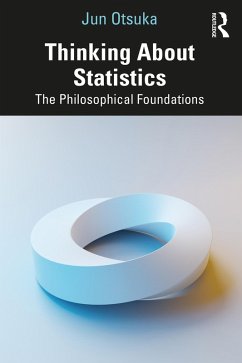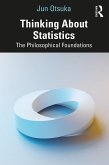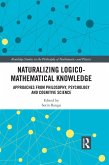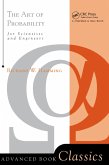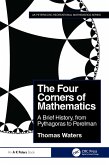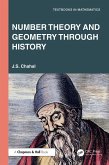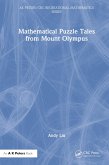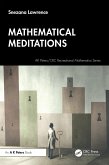Another highlight of the book is its analysis of the ontological assumptions that underpin statistical reasoning, such as the uniformity of nature, natural kinds, real patterns, possible worlds, causal structures, etc. Moreover, recent developments in deep learning indicate that machines are carving out their own "ontology" (representations) from data, and better understanding this-a key objective of the book-is crucial for improving these machines' performance and intelligibility.
Key Features
- Without assuming any prior knowledge of statistics, discusses philosophical aspects of traditional as well as cutting-edge statistical methodologies.
- Draws parallels between various methods of statistics and philosophical epistemology, revealing previously ignored connections between the two disciplines.
- Written for students, researchers, and professionals in a wide range of fields, including philosophy, biology, medicine, statistics and other social sciences, and business.
- Originally published in Japanese with widespread success, has been translated into English by the author.
Dieser Download kann aus rechtlichen Gründen nur mit Rechnungsadresse in A, B, BG, CY, CZ, D, DK, EW, E, FIN, F, GR, HR, H, IRL, I, LT, L, LR, M, NL, PL, P, R, S, SLO, SK ausgeliefert werden.
"Otsuka's excellent book is mostly organized around the idea that different statistical approaches can be illuminated by linking them to different ideas in general epistemology. Otsuka connects Bayesianism to internalism and foundationalism, frequentism to reliabilism, and the Akaike Information Criterion in model selection theory to instrumentalism. This useful mapping doesn't cover all the interesting ideas he presents. His discussions of causal inference and machine learning are philosophically insightful, as is his idea that statisticians embrace an assumption that is similar to Hume's Principle of the Uniformity of Nature." -- Elliott Sober, University of Wisconsin-Madison

